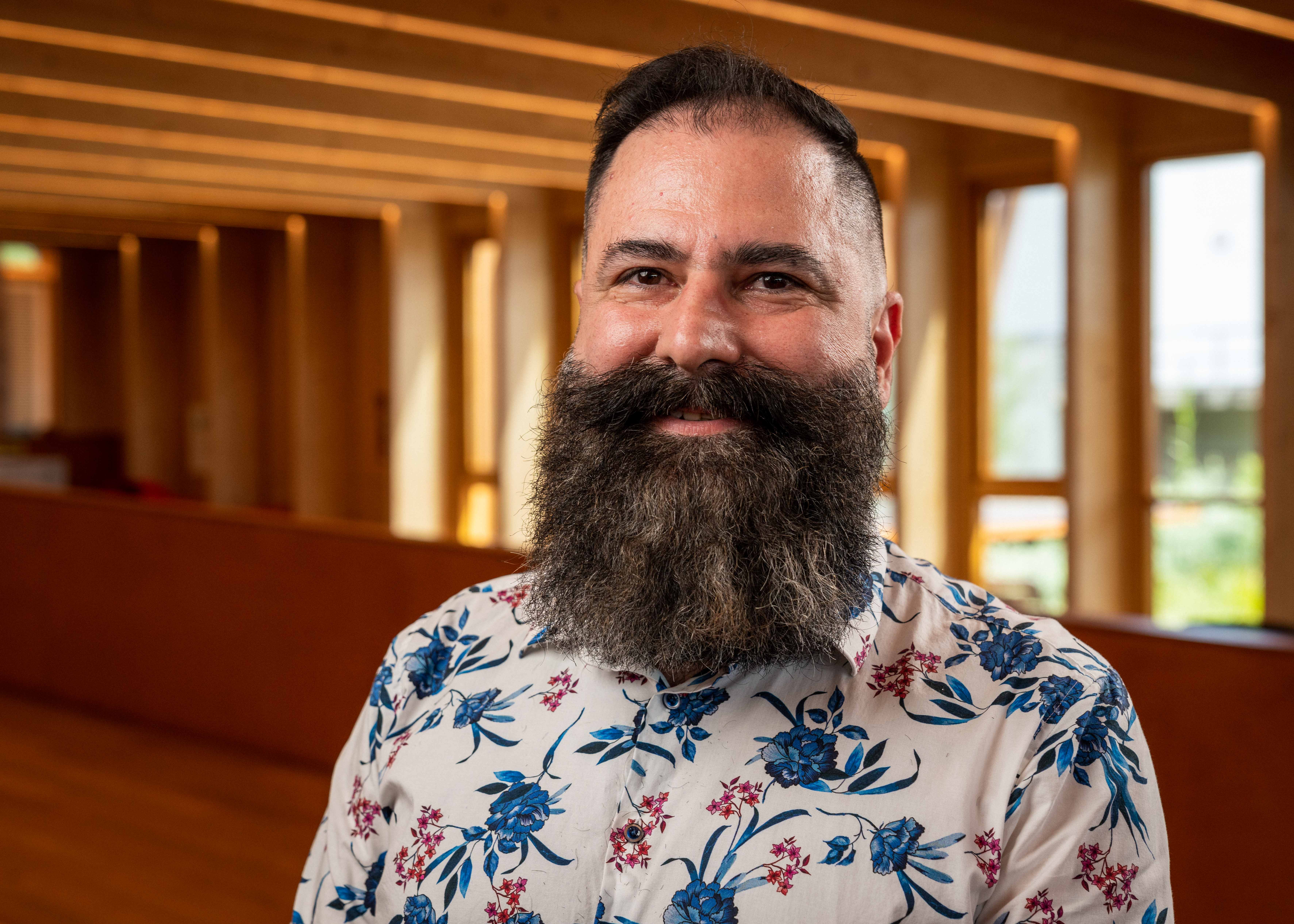Mapping a new path to research impact
By Jen Waters
The game has changed dramatically for researchers in recent years, with long-term decline in Government funding compounded by a significant pandemic-led drop in student revenues. It’s a paradigm shift that requires a whole new skillset – one that equips researchers to find new funding avenues to expand the scope and impact of their work.
Macquarie University’s Researchers IMPACT Program empowers innovative researchers and HDR candidates to explore commercialisation of their idea, identify opportunities for industry collaboration and seek alternative funding sources. Developed by the Office of Commercialisation and MQ Incubator in 2020, the program has just graduated its third cohort of ten researchers, with applications opening on 7 March for the next intake.
“After such a successful uptake of the Research Impact Canvas by researchers and our Centres, it made perfect sense to create a program around the canvas,” explains Anna Grocholsky, MQ Director Commercialisation and Innovation.
“The program takes researchers through the important first steps any successful startup needs to go through, from customer discovery and assessing product-market fit, to developing their value proposition and clarifying the potential for impact.”
The approach blends interactive, practical and cohort-based learning, with sessions delivered over seven weeks by industry experts. Modules cover preparation and planning for impact and translation, from assessing networks, market potential and strategies for impact to developing their action plan and pitch. The program culminates with the opportunity to pitch for a $20,000 seed funding round.
The Pitch Final for the most recent cohort took place on 9 December 2021, with the esteemed judging panel by MQ Pro Vice-Chancellor Research Innovation & Enterprise Professor Dan Johnson, MQ Director Incubation & Entrepreneurship Melissa Ryan, Michael Tolo and Clare Birch from Blackbird Ventures, and biotechnology entrepreneur Jeremy Chrisp. Robert Newport, who is developing a neurological screening device for early detection of dementia known as EyePathDx, took out the night’s top prize.
Rob Newport, PhD Research Scholar at Macquarie University
“Dementia is the number one killer of women in Australia, and the screening tests currently in use for cognitive decline are outdated and subjective,” says Newport.
“Through EyePathDx, we can map the visual path your eye makes as you examine an image and expose biomarkers for specific brain pathologies that can be categorised using AI. Early diagnosis and intervention can deliver better patient outcomes, so if we can make it ubiquitous – such as at optometrists, community pharmacies or GP clinics – then the potential for impact is significant.”
Newport, who has a background in software engineering and image processing and spent over a decade in Silicon Valley and Los Angeles tech startups, is developing EyePathDx through his multidisciplinary research PhD in computational neuroscience. Taking out the People’s Choice Award in the MQ final of the national Three Minute Thesis competition in 2021, Researchers IMPACT was the next logical step in bringing it to life. The process has been transformational.
“The IMPACT program was critical in developing the value proposition for the product, and the empathy to look at it through a human lens rather than just the technical side so that the pitch you’re presenting genuinely resonates,” shares Newport.
“The $20,000 seed funding has enabled me to fund the creation of the MVP device, including buying the necessary hardware, hiring a graduate industrial designer and taking on two Macquarie interns. Getting the device to that level opens doors to other funding opportunities such as the NSW Government’s million-dollar medical devices fund, and I’m racing to get that. Being connected with the Incubator also signals you’re serious; that you’ve been vetted and are ready to roll.”
Newport is springboarding from the program into the MQ Incubator as part of the first 2022 cohort, keen to supercharge his trajectory. He is joined by fellow program alumna Dr Pardis Mohajerani, who is developing a mobile gamified mental health intervention targeting at-risk students with Associate Professor Michael Volkov.
“With the help of the Incubator team, I’m already delving into intellectual property and accessing all kinds of amazing facilities within the university – like the 3D printing capabilities in the OptoFab lab – that will help me get my research to market much more quickly,” Newport says.
According to Professor Johnson, the course is designed for any current MQ researcher whose idea has potential for commercial, social or environmental impact.
“Finding new pathways to external partnership and impact has never been more critical, and Researchers IMPACT unlocks the skills, clarity and confidence for researchers to make that shift,” says Professor Johnson.
“It’s not just for entrepreneurs; every researcher can benefit from building networks, exploring industry partnerships and engagement, and learning how to better articulate their work and give it the greatest chance of impact.”
Ready to explore new paths to research impact? Click here to find out more.
